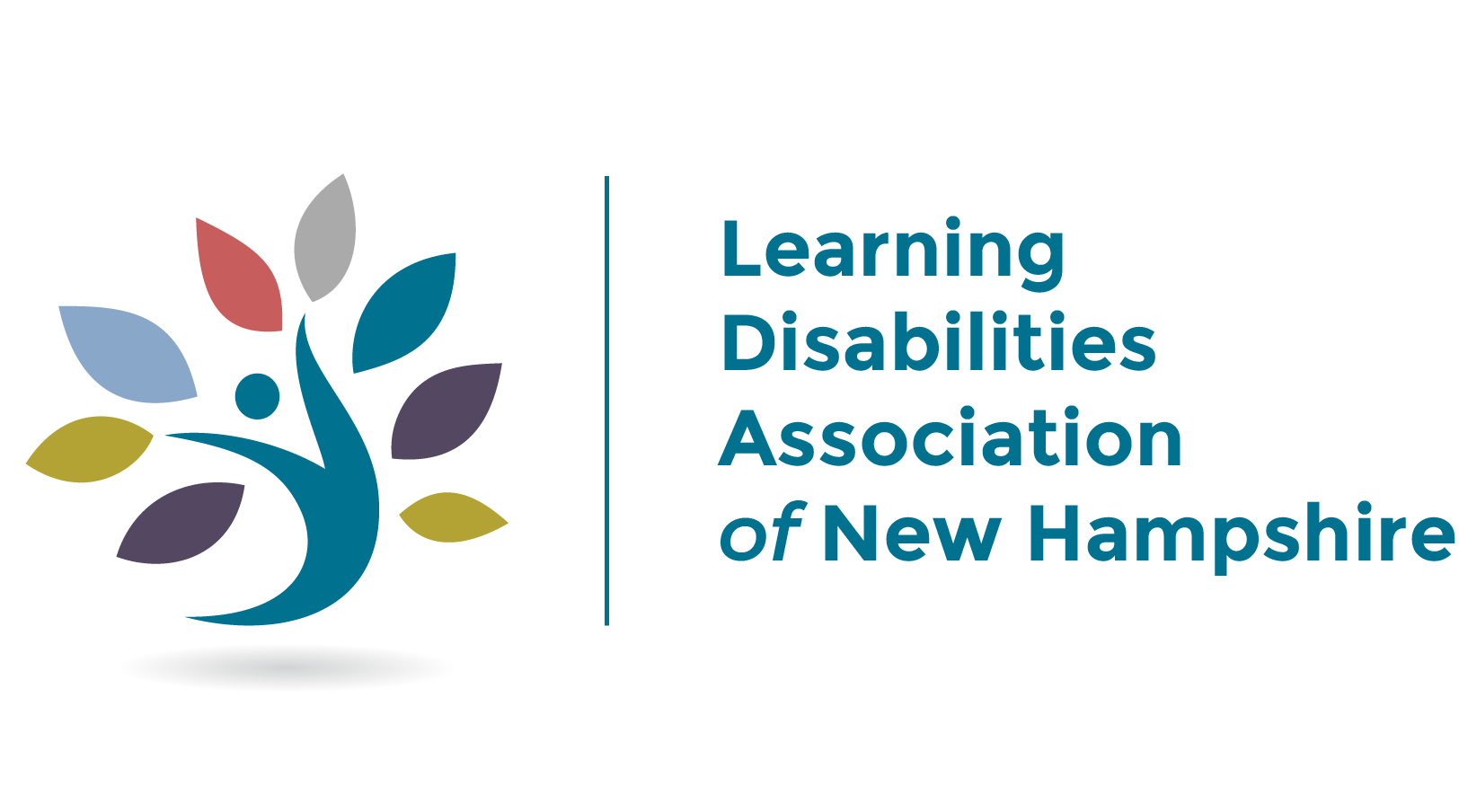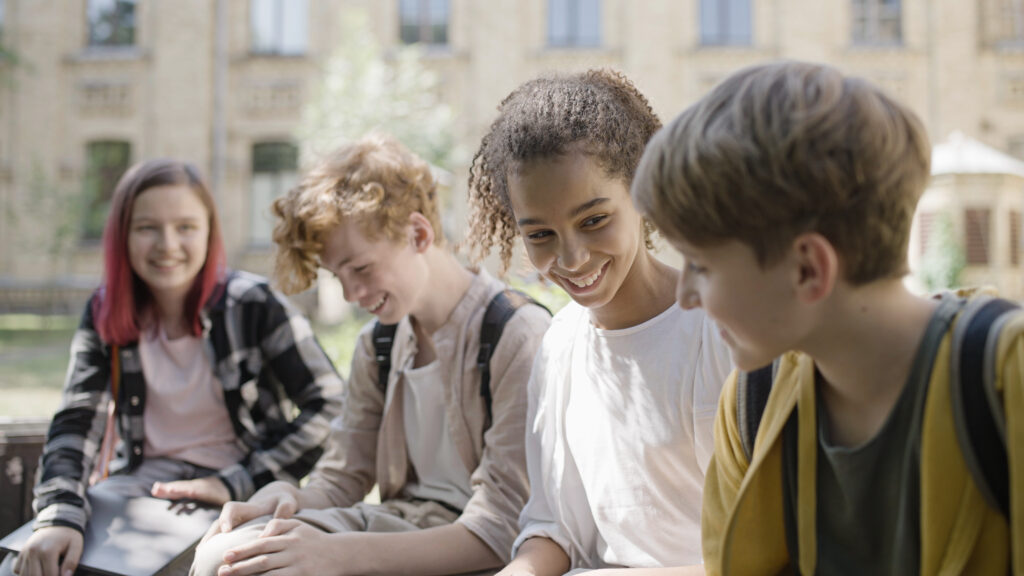By Trish Stansfield, M.Ed.
It can be an overwhelming task for students to navigate the initial transition from elementary school to the middle school environment. Changes in school setting and instructional format, along with an increase in workload, class size, and number of teachers are only a few examples of increased demands placed on middle school students who are already experiencing internal body changes due to the onset of puberty (Jacobson, Williford, & Pianta, 2011). In addition to this, students must manage a multitude of social situations that arise on a daily basis.
Children who lack effective social skills can have great difficulty interacting with others. This can result in an inability to successfully maneuver the school environment. Deficits in social functioning can also lead to cognitive and academic difficulties including a reduction in academic achievement and effort and an increase in social-emotional problems. This is especially true for adolescents with executive functioning difficulties (Jacobson., et al., 2011).
Fortunately, social skills can be taught. A report published in the journal Child Development showed that, according to a professional study, in comparison to students who received no social skills instruction, those who did receive training, experienced fewer emotional problems and conduct issues and an increase in self-management skills. The study also pointed out those students who received formal social skills training and how they demonstrated an improvement in standardized test scores by 11 percentile points (cited in Sparks, 2011).
Research studies vary as to whether simple teacher-led programs or more sophisticated systemic evidence-based programs are more effective when instructing students in social skills training. However, it is essential that all programs include a step-by-step sequential process with specific objectives taking into account students’ individual needs (Steedly, Schwartz, Levin, & Luke, 2008).
With the proper intervention, middle school students can learn to appropriately interact with one another and gain the social skills necessary to function in life. An effective social skills program can increase students’ coping skills, enhance self-esteem, self-worth, and self-awareness, and improve attention, impulse control, behavioral competence, and, consequently, academic performance (Jacobson, et al., 2011).
Below is a list of some essential components of an effective social skills program:
- A step-by-step sequential program with explicit goals
- Individualized plan for each student’s need(s)
- Use Positive reinforcement
- Role-play to demonstrate effective social skills
- Problem-solve for various social situations
- Provide continuous feedback
- Consider the environment – What can interfere with social skill acquisition?
- Establish specific routines
- Teach structured lessons with practice in various settings
- Utilize students’ formal assessments to target instruction
- Include parents and guardians in program development
- Give reinforcement activities to be completed at home
- Investigate and research various strategies for individual needs
- Monitor progress to refine individual strategies
- Provide direct support for generalization of skills
- Provide visuals and clear descriptions
- Teach skills in a variety of modalities
References
Jacobson, L.A., Williford, A.P., & Pianta, R.C. (2011). The role of executive function in children’s competent adjustment to middle school. Child Neuropsychology, 17(3), 256-257.
National Association of School Psychologists (2002). Social skills: Promoting positive behavior, academic success, and school safety [online].
National Dissemination Center for children with disabilities (2008). Social skills and academic achievement. Evidence for Education, 3(2), 1-3. Retrieved April 30, 2014, from http://nichy.org/research/ee/social-skills
Scholastic Parent and Child. (2014). When your child has trouble [online]. Available: http://www.scholastic.com/parents
Sparks, S.D. (2011). Study finds social-skills teaching boost academics. Education Week, 30(20), 8. Retrieved April 13, 2014 from http://www.edweek.org/ew/articles/2011/02/04/20sel.h30.html

